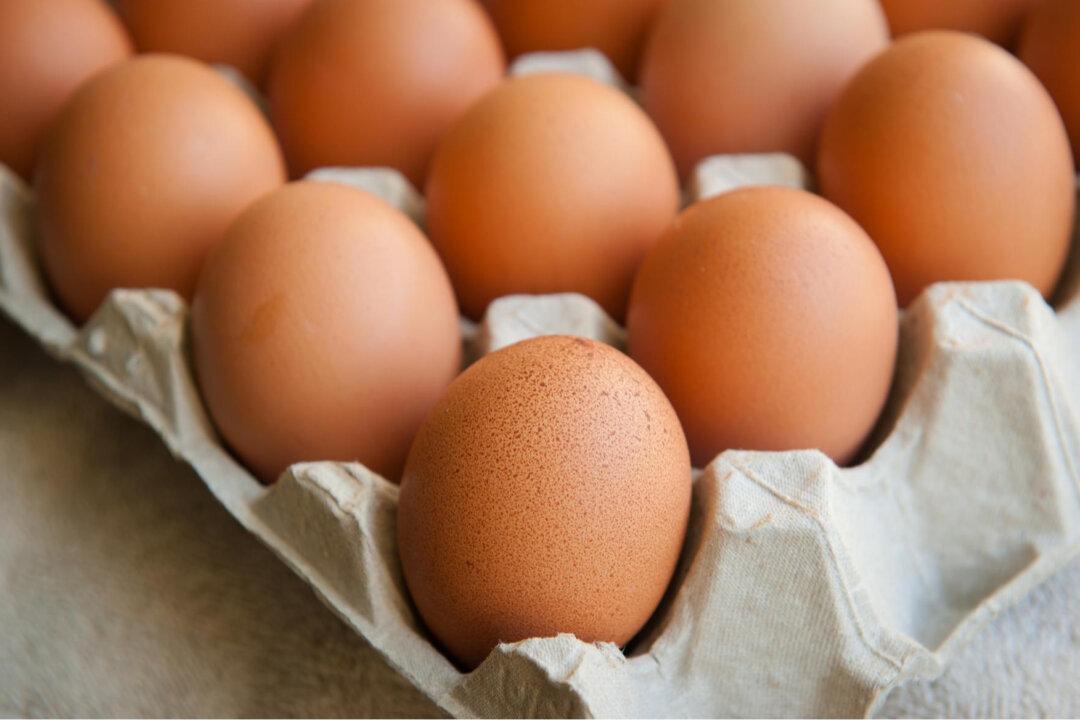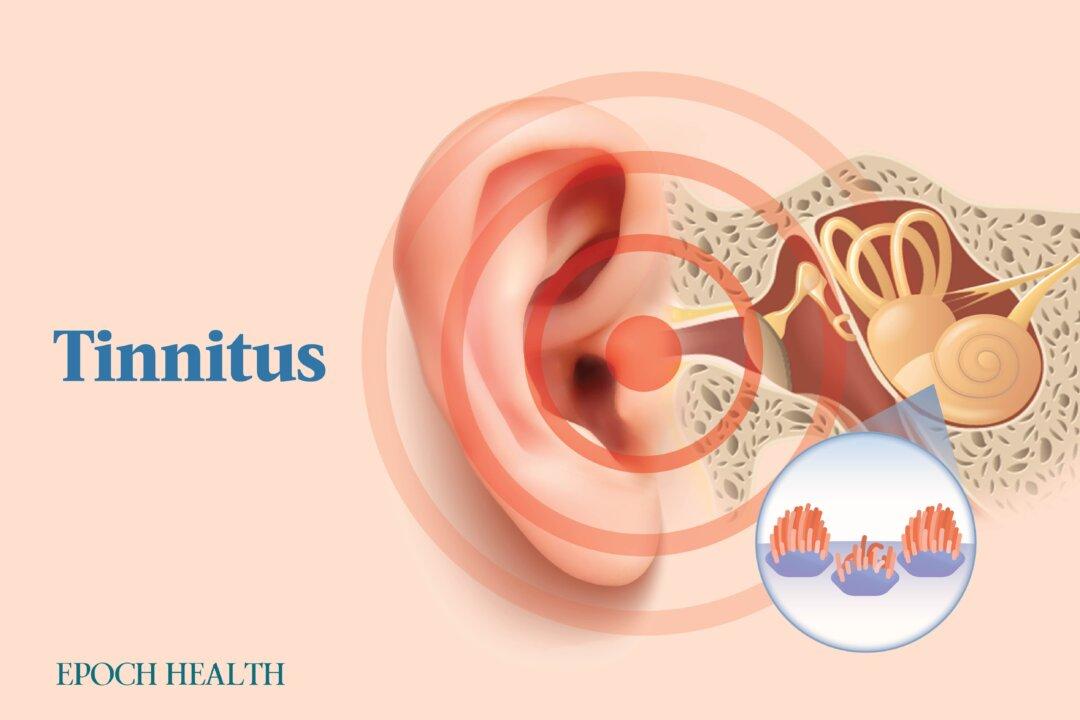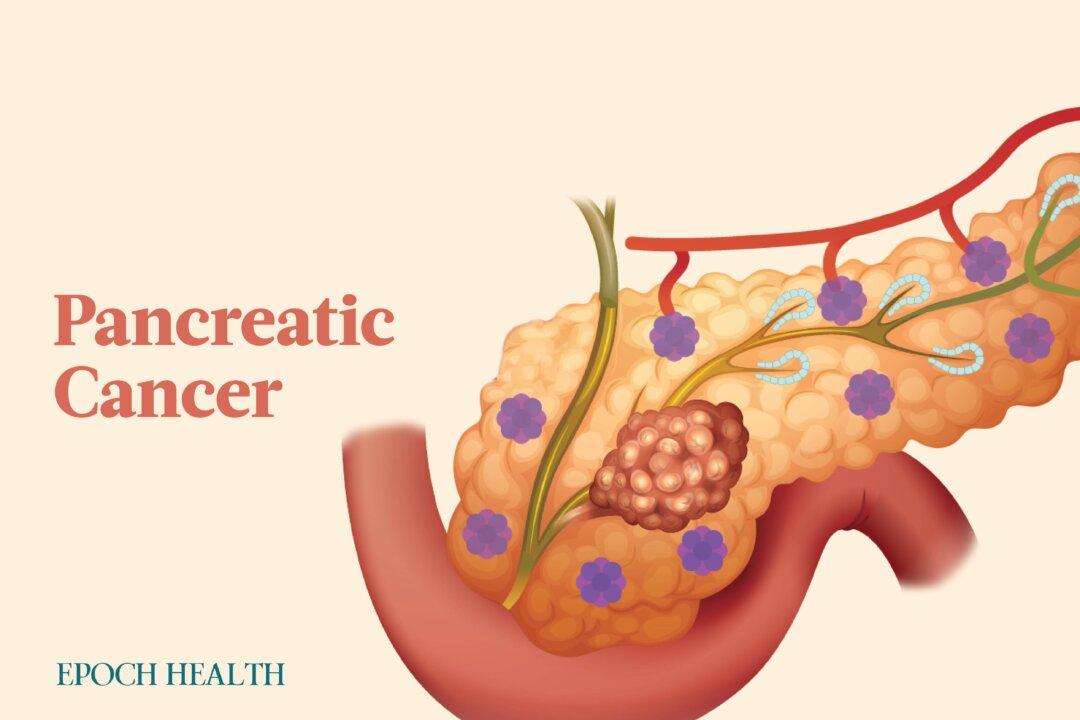Multiple studies published in the last two years indicate that eggs from chickens immunized against SARS-CoV-2 could be used to create effective treatments against COVID-19 in humans. There is no evidence, however, that this development is responsible for the current egg shortage in the United States, as some conspiracy theories allege.
In a study published in the Journal of Applied Microbiology last March, researchers found that egg antibodies (IgYs) produced by chickens immunized against the SARS-CoV-2 spike protein had the ability to neutralize the virus, specifically by interfering with the spike protein’s capacity to attach to human cells.






